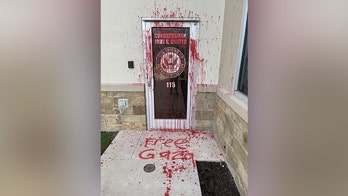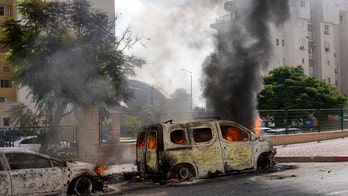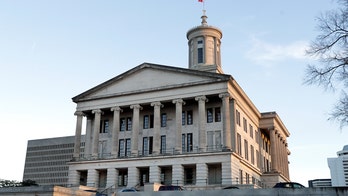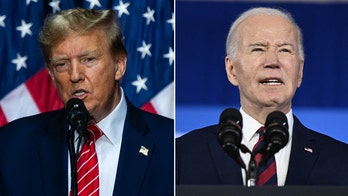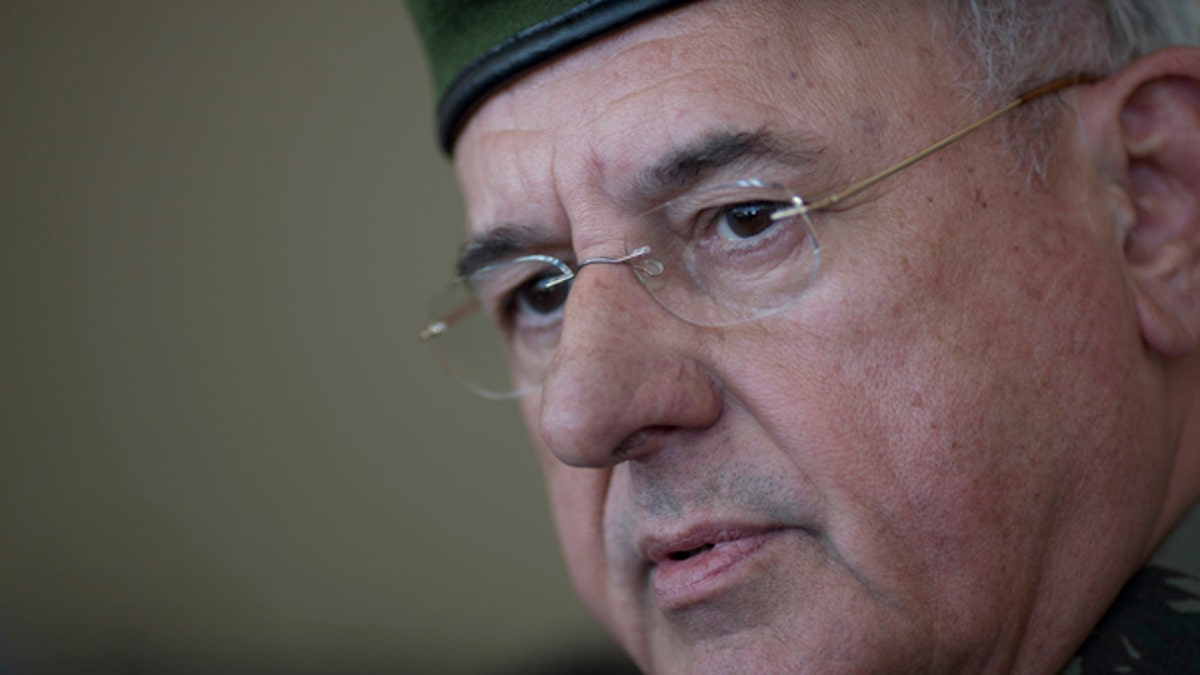
FILE - In this May 6, 2011 file photo, Brazil's Defense Minister Nelson Jobim talks to reporters, in Rio de Janeiro, Brazil. Brazils highest electoral tribunal said Tuesday, Oct. 20, 2015, that a months-long attempts to organize a mission under the auspices of the Union of South American Nations to observe Venezuela's legislative elections has been frustrated by Venezuelas refusal to consent to the groups choice of Jobim to lead the mission. (AP Photo/Felipe Dana, File)
CARACAS, Venezuela (AP) – Brazil is pulling out of a South American mission to observe crucial legislative elections in Venezuela over what it says a lack of guarantees by the socialist government and its veto of the choice to head the delegation.
Brazil's highest electoral tribunal said Tuesday that a months-long attempt to organize a mission under the auspices of the Union of South American Nations had been frustrated by Venezuela's refusal to accept the group's choice of Brazilian jurist and politician Nelson Jobim to lead the mission.
The decision by Latin America's largest democracy to pull its support comes as pressure is building on President Nicolás Maduro to allow outside observation of what's shaping up to be a hard-fought contest that already has some on both sides talking of fraud by their opponents.
For the first time since the late Hugo Chávez kicked off Venezuela's revolution 16 years ago, the opposition is heavily favored in national polls to win the Dec. 6 election and could seek to leverage a victory to cut short Maduro's term before it ends in 2019. But the government's domination of the airwaves, bigger campaign war chest and a complicated electoral system that gives a bigger voice to rural areas where the opposition has less influence are all likely to make the balloting close.
Brazil's autonomous tribunal said that Jobim, who served as former leftist President Luiz Inácio Lula da Silva's defense minister, had widespread support among the 12-nation Unasur.
The tribunal also accused Venezuela of dragging its feet in approving a proposal that would've guided its external auditing of the country's electronic voting system and verification that environment for campaigning was fair.
"With less than two months from the elections, an adequate observation is unfeasible," it said in a statement.
Venezuela's National Electoral Council didn't immediately comment when contacted by the Associated Press.
Venezuela's main opposition alliance has decried the lack of outside observation, refusing last week to sign a document committing political parties to recognize the results over Maduro's failure to invite missions from the European Union and Washington-based Organization of American States, both of which are pushing along with the U.S. for greater outside scrutiny.
"Venezuela isn't monitored and won't be monitored by anyone," Maduro snapped at journalists during a visit to the U.N. in New York in August when asked whether he would allow international observers.
Venezuela's fully-electronic electoral system for years was largely unquestioned, serving as important international bona fide of the socialist government's commitment to democracy.
But Maduro's victory in 2013 by a slim margin spurred accusations of fraud by his opponent, and as the country has further polarized with streets protests last year triggering a government crackdown, Venezuelans' trust in the nation's electoral system has diminished.
Outside observation has also become scarcer. Since 2006, Venezuela has restricted international groups to so-called "accompaniment" of the voting process, denying them independent access to voting data. The group that has most carefully monitored voting in Venezuela, a pro-democracy foundation run by former U.S. President Jimmy Carter, announced in August that it had shut down its 13-year-old electoral observation office in the country.

